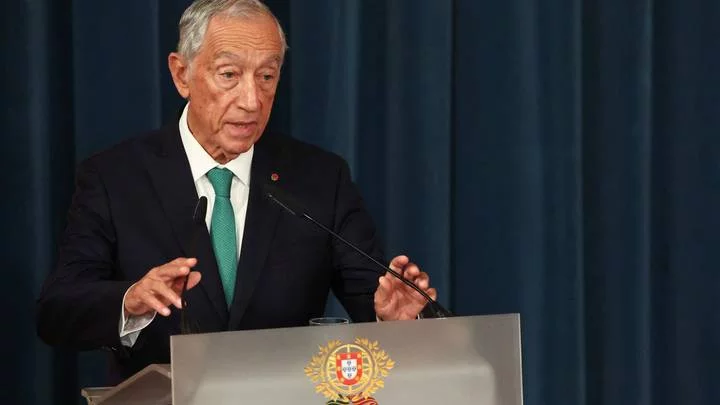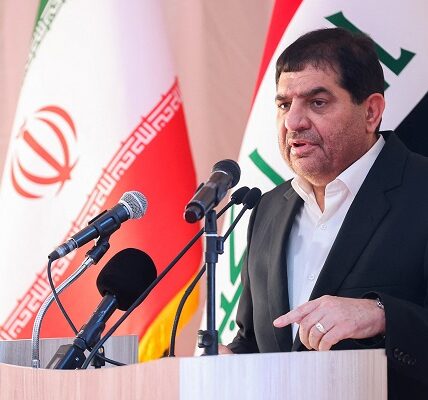
IN a significant acknowledgment of historical responsibility, President Marcelo Rebelo de Sousa of Portugal issued a call for reparations for crimes committed during the transatlantic slavery and colonial era. Speaking at an event late on Tuesday, President Rebelo de Sousa highlighted the need to confront Portugal’s past and address the enduring impacts of transatlantic slavery.
‘For over four centuries, at least 12.5 million Africans were kidnapped, forcibly transported long distances by mainly European ships and merchants, and sold into slavery,’ President Rebelo de Sousa stated, emphasising the magnitude of the atrocities committed. He acknowledged Portugal’s prominent role in the transatlantic slave trade, with nearly 6 million Africans trafficked, surpassing that of any other European nation.
Highlighting the failure to adequately address this dark chapter in history, President Rebelo de Sousa pointed out the lack of education regarding Portugal’s involvement in transatlantic slavery in schools. Despite the extensive colonial empire Portugal once possessed, including territories such as Angola, Mozambique, Brazil, Cape Verde, East Timor, and parts of India, there remains a pervasive perception of colonialism as a source of pride rather than acknowledging its brutal realities.
‘We have to pay the costs,’ President Rebelo de Sousa asserted, stressing the importance of reparations and accountability for past wrongs, including colonial massacres. He raised critical questions about unpunished actions and unrecovered goods, urging a comprehensive examination of how to rectify historical injustices.
The concept of reparations for transatlantic slavery has been gaining momentum globally, with increasing calls for acknowledgment and compensation for the enduring legacies of systemic racism and inequality. Activists have emphasised the necessity of reparations and public policies to address the deep-rooted impacts of Portugal’s colonial past.
President Rebelo de Sousa’s stance reflects a broader shift in perspective, moving beyond mere apologies to substantive actions addressing historical injustices. ‘Apologising is the easy part,’ he remarked, underscoring the significance of acknowledging the past and assuming responsibility for its repercussions.
As discussions surrounding reparations continue to evolve, President Rebelo de Sousa’s call for acknowledgment and reparations marks a significant step towards reckoning with Portugal’s complex colonial legacy and fostering a more inclusive and just society.













